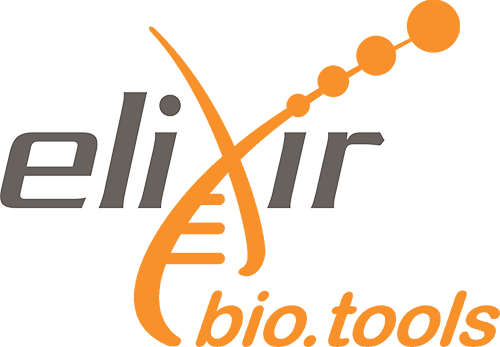e-learning
Small Non-coding RNA Clustering using BlockClust
Abstract
Small Non-coding RNAs (ncRNAs) play a vital role in many cellular processes such as RNA splicing, translation, gene regulation. The small RNA-seq is a type of RNA-seq in which RNA fragments are size selected to capture only short RNAs. One of the most common applications of the small RNA-seq is discovering novel small ncRNAs. Mapping the small RNA-seq data reveals interesting patterns that represent the traces of the small RNA processing.
About This Material
This is a Hands-on Tutorial from the GTN which is usable either for individual self-study, or as a teaching material in a classroom.
Questions this will address
- What do the read profiles of small non-coding RNAs represent?
- How to cluster the read profiles based on some intrinsic features?
Learning Objectives
- Difference between mRNA-seq and smallRNA-seq
- Unsupervised grouping of the adjacent reads into read profiles
- Look and learn what the shapes of the read profiles represent
- Clustering of the read profiles by machine learning algorithm
Licence: Creative Commons Attribution 4.0 International
Keywords: Transcriptomics
Target audience: Students
Resource type: e-learning
Version: 8
Status: Active
Prerequisites:
- Introduction to Galaxy Analyses
- Mapping
- Quality Control
Learning objectives:
- Difference between mRNA-seq and smallRNA-seq
- Unsupervised grouping of the adjacent reads into read profiles
- Look and learn what the shapes of the read profiles represent
- Clustering of the read profiles by machine learning algorithm
Date modified: 2023-11-09
Date published: 2018-12-14
Contributors: Helena Rasche, Pavankumar Videm, Saskia Hiltemann
Scientific topics: Transcriptomics
Activity log


